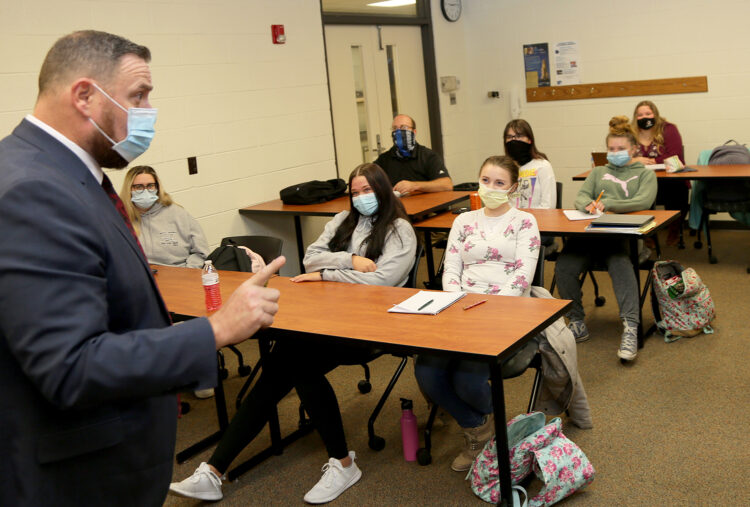(Butler, PA) Brandon Marshall chose a seat in the first row in his second attempt at higher education, a revival of his dream to become a state trooper.
The class at Butler County Community College was crime and justice systems.
The instructor was Dr. Steven Shaffer, who had served 18 years with a Fayette County police department, who never “had the same day twice.”
Shaffer had made “thousands and thousands” of arrests.
He had been promoted three times.
He had worked on large-scale investigations into counterfeit money with the Secret Service, into arsons with the Bureau of Alcohol, Tobacco, Firearms and Explosives, and on other probes with the FBI and the state attorney general’s office.
“I learned so much from him. I can’t even describe it,” Marshall said of Shaffer. “He brought in real-life experiences of things that were good, and things that were bad, in many situations. He taught me to form a way of thinking that was objective, that helped me to make good decisions in the field.”
Shaffer is coordinator of BC3’s associate degree program in criminology.
“Things that I have seen in the real world”
He chased suspects.
Made misdemeanor arrests for public drunkenness, disorderly conduct, harassment. Felony arrests for rape, homicide, narcotics. Signed countless affidavits of probable cause. Testified in criminal and civil trials.
Before, during and after he earned bachelor’s degrees in criminal justice and in sociology from St. Francis University, Loretto; then a master’s degree in applied criminology and a doctorate in criminal justice from California University of Pennsylvania.
“It’s important to have a professor who teaches not only the academic side of
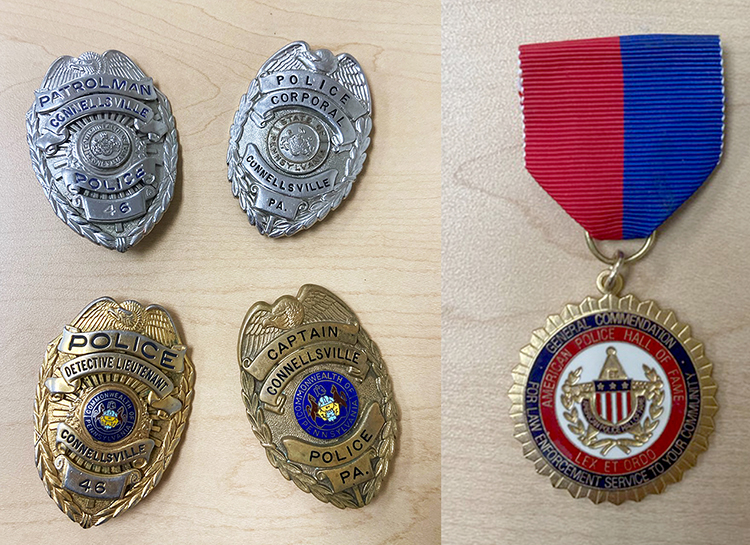
things – I use a textbook every day and we usually go through every chapter – but I am able to incorporate all of my experiences with my investigations and the things that I have seen in the real world,” Shaffer said.
“I tell them, ‘This is what you need to know. And this is why you need to know it.’”
Shaffer joined the Connellsville Police Department as a patrolman in 1998 after his graduation from St. Francis. He was promoted to corporal, then over the rank of sergeant to detective lieutenant and then to captain of operations.
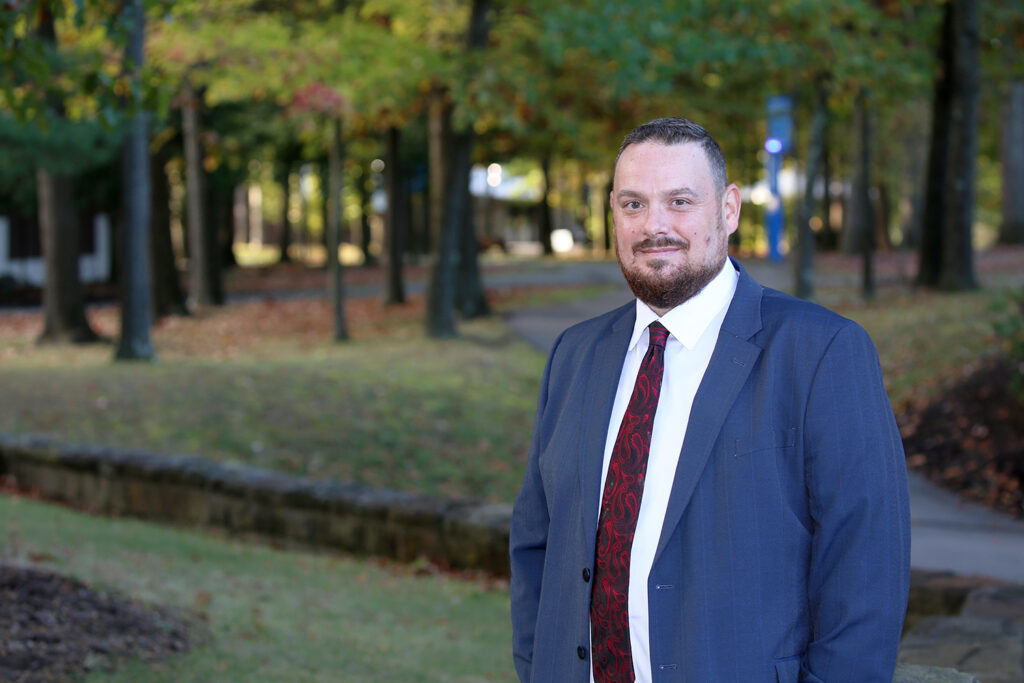
Experience grounds material in “everyday life”
While captain of operations, Shaffer learned that a fellow law-enforcement officer who had retired became an instructor at the Community College of Allegheny County.
“He really kind of put me on to it,” Shaffer said, “and I decided, ‘This is what I want to do.”’
Shaffer earned a master’s degree and while serving as the No. 2 leader in Connellsville’s police department, and began to work as an adjunct instructor at the Community College of Allegheny County.
He became an educator in BC3’s criminology program in 2016, the year he retired from the Connellsville police force.
“In the classroom, when Steve is lecturing about either procedural or even philosophical ideas within criminology, he can bring to bear his practical knowledge and let students know how these matters play out in the everyday life of someone in that field,” said Steve Joseph, dean of BC3’s liberal arts division that includes the 62-credit program in criminology.
“It grounds that material in everyday life.”
Criminology in BC3’s top five transfer programs
Criminology has been among BC3’s top five transfer programs for graduates in BC3’s Classes of 2017, 2018, 2019, 2020 and 2021.
While his students at BC3 have varied career interests, the majority intend to become a police officer, Shaffer said. Others, a probation officer. A corrections officer. An attorney.
Morgan Smith, of Chicora, intends to become an FBI agent.
The 18-year-old is among the
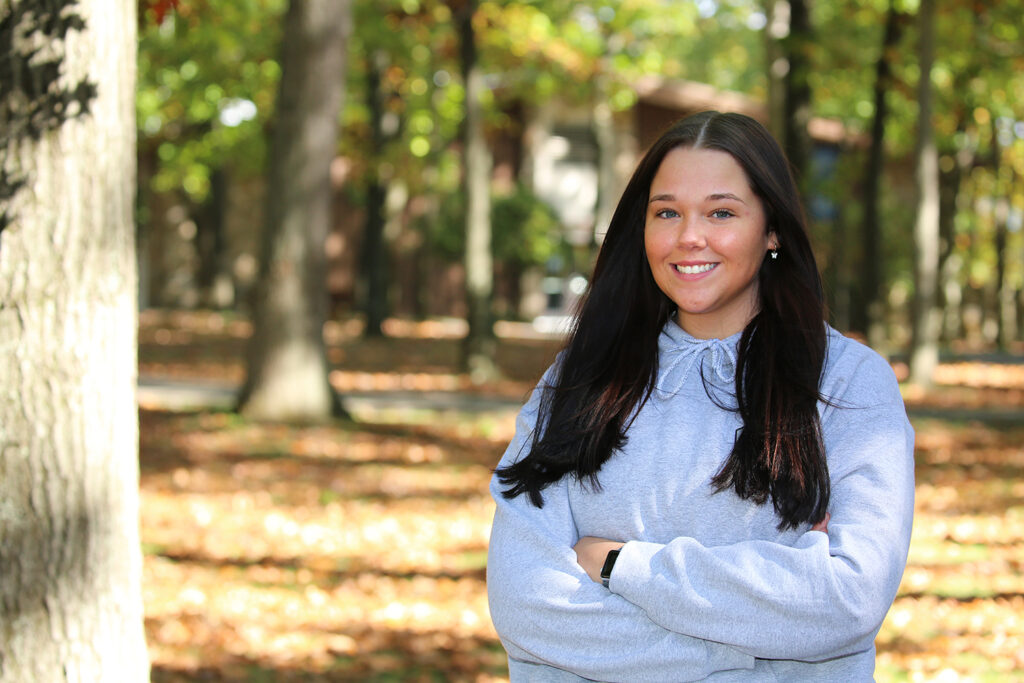
58 students enrolled in BC3’s criminology program this fall. Smith hopes to become an agent – “If I could, my dream,” she said – but “anything in criminology helping out my community also would make me happy.”
Shaffer’s background, Smith said, “allows him to give us a lot of real-life examples and tell us about the stories from his past, and how they turned out for him, and how they are really going to go when we enter that real world.
“He enjoys teaching so much. He always connects with his students in some way.”
Shaffer, 45, was tenured at BC3 in 2020.
Shaffer “pointed me in the right direction”
Courses in his program include crime and justice systems, juvenile justice, criminal law and criminal procedures – law-enforcement areas he encountered daily while wearing Badge No. 46 within the department’s marked Ford Explorer or while serving in plain clothes in an unmarked Chevy Lumina.
Law-enforcement areas Shaffer taught to Marshall as Marshall revived his dream to become a state trooper at age 25 at BC3.
Marshall, formerly of Harrisville, three times
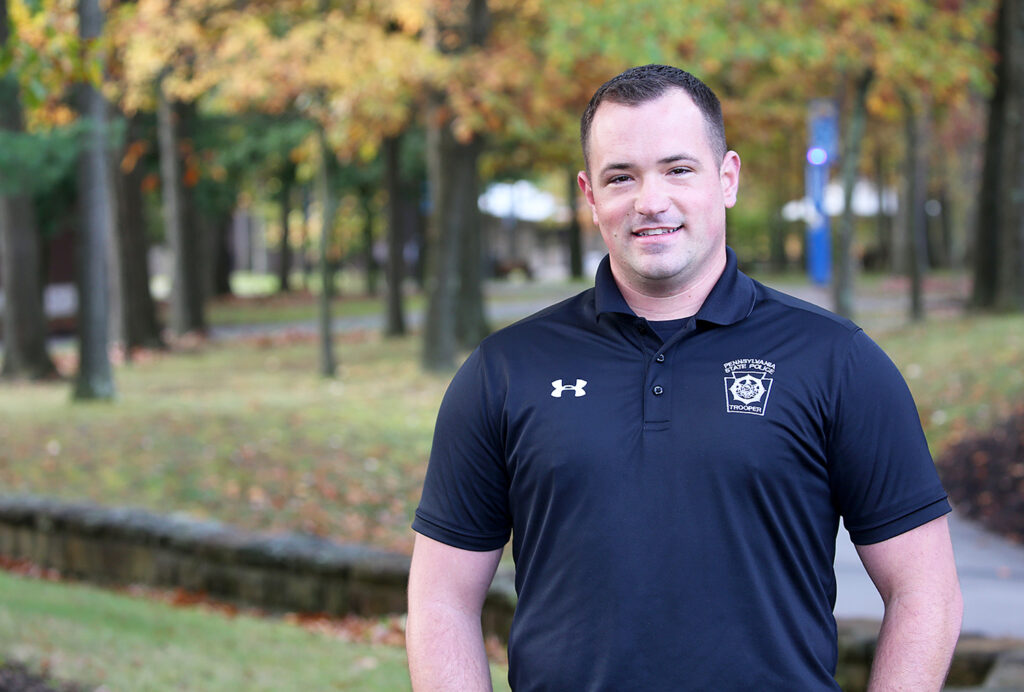
finished a semester with a grade-point average of 3.75 or higher and earned an associate degree in criminology in 2018.
He went on to graduate from the state police academy in Hershey in 2019 and has served with Pennsylvania State Police Troop B in Washington County ever since.
“As a nontraditional student, and seeing things as an adult, and seeing the way Steve was able to teach nontraditional students and the younger generation, was across-the-board phenomenal,” said Marshall, 29. “He was able to grasp my attention. He was able to express the fact that he knows the subject matter.
“He pointed me in the right direction of how to become a police officer, and a good one at that.”
“Would I be a police officer again?”
The question he is most often asked by his students is not about his arrests. Not about his investigations. Not about his criminal complaints. Not about his testimony.
They ask, Shaffer said: “Would I do it again? Would I be a police officer again?”
“And I always say, ‘Absolutely.’
“I always joke around and say I’m a police officer playing professor,” Shaffer said. “But I think it’s important that I make the profession of criminology better.
“I couldn’t be happier. I love my students. They are such a priority to me. I am making better professionals. As my students go forward, they are our future policymakers and procedure makers and lawmakers, judges, attorneys and police officers.
“If I make a better professional, it makes the system better itself. And that means the world to me.”

